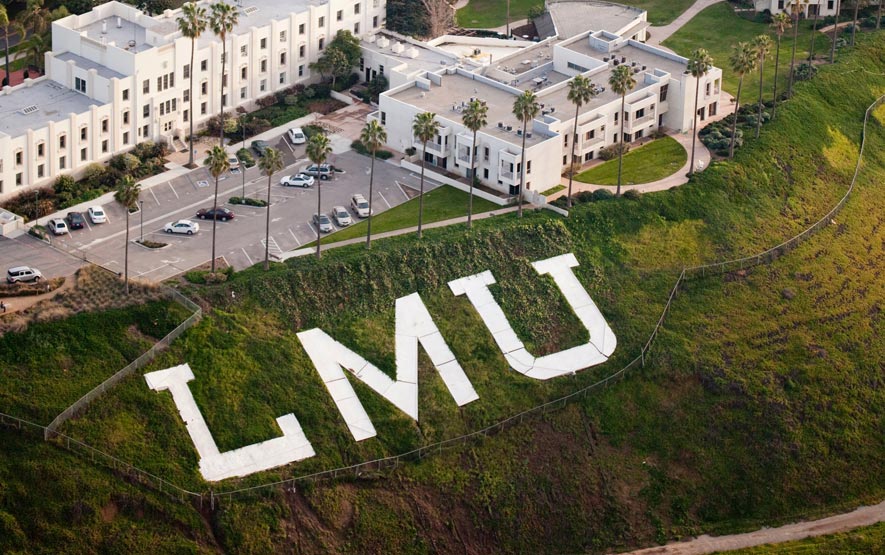
Loyola Marymount University students benefit from a “dynamic mix of solid academics” in a community “dedicated to helping students grow and thrive,” according to the newly released Fiske Guide to Colleges 2020.
Compiled for 36 years by former New York Times education editor Edward B. Fiske, the guide offers a detailed look at more than 300 academic institutions. It includes students’ feedback about everything from academic programs to dining options and social life, providing an overview of “the best and most interesting four-year colleges in the country.”
LMU’s general education requirements “are designed to encourage intellectual breadth,” the Fiske Guide notes, tackling themes such as faith and reason; virtue and justice; culture; art and society; and science, nature and society. Management, marketing, film and television production, communication studies, psychology and finance are popular areas of study, the authors write, and other solid programs include engineering, theatre arts, political science, English and economics.
But one junior student tells the Fiske Guide: “LMU is more than an academic institution … It is a community dedicated to helping students grow and thrive.”
Others described the benefits of LMU’s small class sizes (53 percent have fewer than 20 students), which allow professors to know their students and take a personal interest in their learning.
LMU’s Jesuit heritage promotes a social atmosphere that “motivates students to improve themselves by helping others,” another student commented. Students volunteer more than 200,000 hours of service every year in after-school programs, homeless shelters, health clinics, and other settings.
And who can ignore LMU’s enviable location on a bluff overlooking the Pacific Ocean and Marina del Rey? In the words of another LMU Lion: “We’re very friendly, with a gorgeous campus.”
For more about the Fiske Guide, visit www.fiskeguide.com.



